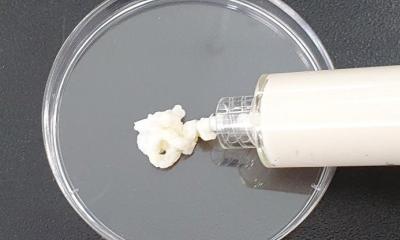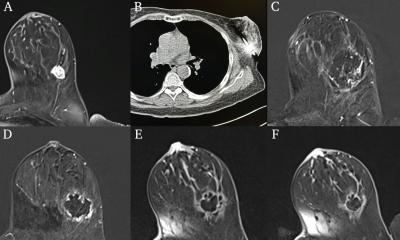Lumpectomy is not advised if breast cancer returns
A mastectomy is prudent when breast cancer returns after a lumpectomy, because survival rates are higher for those who have another lumpectomy, according to a new study published in the American Journal of Surgery in October.
‘We were surprised to find that so many women in our study – almost a quarter – had received another lumpectomy rather than a mastectomy,’ said Dr Steven L Chen, from the University of California Davis Cancer Centre in Sacramento. ‘It’s likely that patients are asking for lumpectomies when their cancer is diagnosed a second time, and their doctors are simply complying with that request. Whatever the reason, that decision can shorten life spans.’
The study involved 747 women who had a same-breast cancer recurrence after undergoing breast conservation therapy. Of these patients 24% underwent a second lumpectomy. The five-year survival rate was 67% for women who had a lumpectomy compared with 78% for those who had mastectomies. Analysis confirmed that lumpectomy reduced the odds of survival by 50%.
‘As therapy for breast cancer becomes more targeted, and researchers come closer to identifying those factors that make some breast cancers more aggressive than others, we may have the option of recommending second, and even third lumpectomies in select cases in the future,’ said study co-author Dr Steven Martinez. ‘Until then, mastectomy remains the best option for women experiencing a same-breast recurrence of their breast cancer.’
20.11.2008





